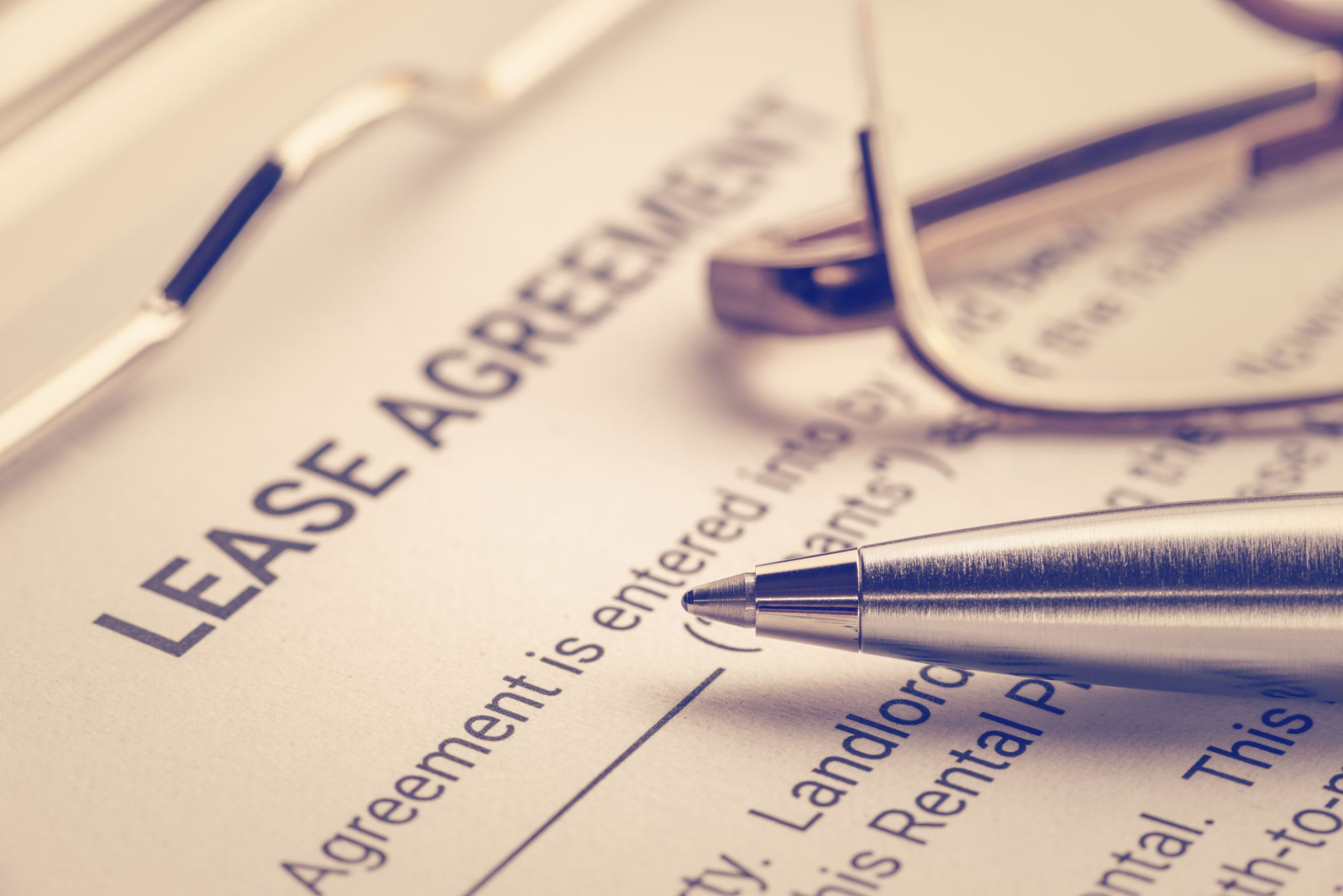Resolving Residential Lease Disputes in Dubai: Legal Insights
Understanding Residential Lease Disputes in Dubai
In the vibrant and fast-paced city of Dubai, residential lease disputes can arise due to various reasons. As a tenant or landlord, understanding the legal landscape is crucial to resolving these issues efficiently. The Dubai rental market is governed by specific laws and regulations designed to protect both parties involved in a lease agreement.

One of the most common causes of disputes is disagreement over rental increases. The Dubai Real Estate Regulatory Agency (RERA) sets guidelines for permissible rent hikes, and landlords must adhere to these rules. Tenants should be aware of their rights and any annual rent cap to avoid unexpected increases that are not in compliance with RERA regulations.
Key Legal Provisions
The primary law governing residential leases in Dubai is Law No. 26 of 2007, as amended by Law No. 33 of 2008. These laws outline the responsibilities and rights of both landlords and tenants. It is essential for both parties to familiarize themselves with these provisions to ensure a fair and legally compliant leasing process.
Another critical aspect is the security deposit. Landlords often require a refundable deposit from tenants, which should be returned at the end of the lease term, provided no damages have occurred beyond normal wear and tear. Tenants should document the property's condition upon moving in to avoid disputes over deposit refunds later.

Steps to Resolve Lease Disputes
When a dispute arises, it is advisable to initially seek an amicable resolution through open communication between the tenant and landlord. Many disputes can be resolved informally without escalating to legal proceedings. However, if an agreement cannot be reached, formal steps may be necessary.
- Mediation: Consider engaging a neutral third party to mediate discussions between both parties.
- Dubai Rental Disputes Center (RDC): This is a specialized tribunal where unresolved disputes can be filed and adjudicated.
- Legal Counsel: If mediation and RDC processes are unsuccessful, obtaining legal advice can guide further action.
The Role of the Rental Disputes Center
The RDC plays a pivotal role in resolving rental disputes in Dubai. It offers a streamlined process for both tenants and landlords to present their cases. The tribunal aims to handle cases efficiently, ensuring that justice is served swiftly, which is vital in maintaining the stability of the rental market.

When approaching the RDC, it is crucial to have all relevant documentation in order, such as signed lease agreements, correspondence records, and any evidence supporting your case. This preparation can significantly impact the outcome of your dispute case.
Preventive Measures and Best Practices
Preventing disputes from arising in the first place is always preferable. Both landlords and tenants should strive for clarity and transparency in lease agreements. Ensuring that all terms are clearly outlined and understood by both parties can prevent misunderstandings.
Regular property inspections and maintaining open lines of communication throughout the tenancy can also help address issues before they escalate into disputes. Additionally, staying informed about changes in rental laws and regulations will empower both parties to make informed decisions.

In conclusion, while residential lease disputes in Dubai can be challenging, understanding the legal framework and following best practices can lead to successful resolutions. Whether through mediation or formal legal channels, it's essential to approach these matters with a focus on fairness and compliance with local laws.